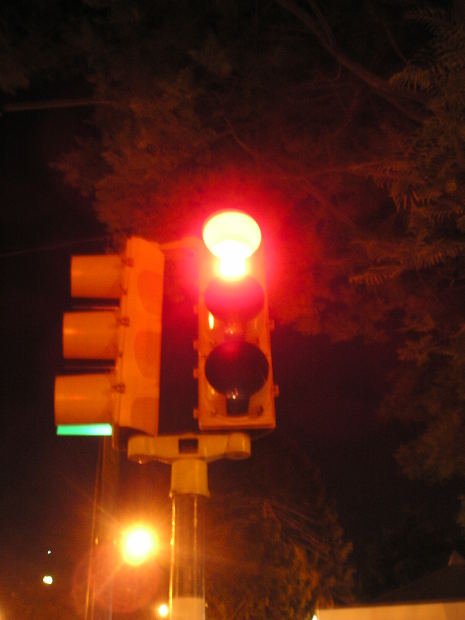- Free Initial Consultation: (954) 761-3641 Tap Here To Call Us
Marshall v. Peter – Rear-End Collision Liability Not a Given

In Florida, courts have established a rebuttable presumption when it comes to the negligence of rear drivers in rear-end collisions. However, this presumption is not without exception, though they are very specific.
For example, a sudden stop by a driver ahead isn’t enough to overcome the presumption. The stop has to be both sudden AND unexpected. For instance, a driver on a suburban street who stops suddenly for a child who darted out into the middle of road – that’s not wholly unexpected. Neither is a driver who stops suddenly at an intersection because someone else ran a red light. However, a driver who arbitrarily stops suddenly on a four-lane highway – that might be both sudden and unexpected.
Still, drivers who are struck from behind should not assume these will be slam-dunk cases either. An experienced attorney can help you spy any potential hurdles to overcome.more
One such case in which the rebuttable presumption was successfully refuted was Marshall v. Peter, a car accident lawsuit recently weighed by the Alaska Supreme Court. This was a case in which a driver was rear-ended by another at an intersection at which she stopped short. Normally this might seem a straightforward issue, but the problem was the driver behind her reportedly did not have his foot on the gas at the time of impact. He had taken his foot off the gas to proceed when the light turned green, but plaintiff stopped sooner than he anticipated and there was impact. It was believed that the speed at impact was approximately 3 mph. While the investigating officer did not note any damage to either vehicle and did not cite the rear driver for improper driving, he did conclude the driver had engaged in an “improper start.”
Plaintiff complained of neck pain at the scene, but did tell the officer she had been “totally disabled” due to a neck injury in an early car accident.
Approximately two years after the accident, plaintiff and her husband filed a personal injury lawsuit for damages seeking $212,000 in compensation. This included $1,000 in vehicle damage, $52,000 in medical bills, $150,000 for pain and suffering and $10,000 for loss of consortium.
Plaintiff then moved for summary judgment on the issue of defendant driver’s liability. She likely figured this would be the easiest part of the case, with proving damages being the greatest hurdle.
Within a week of her filing that motion, defendant returned with a settlement offer: $2,651.17. He also offered to pay her court costs, interest and attorney’s fees, plus $100 for her husband’s loss of consortium. This kind of offer makes it clear defendant believed plaintiff’s claim for damages was exorbitant, but wished for the case to be closed. Plaintiff didn’t respond to that offer. The court denied plaintiff’s motion for summary judgment on the issue of liability and the case went to trial.
Jurors never needed to debate the issue of damages, however, because they did not find defendant liable. That means even though defendant struck plaintiff in a rear-end collision, he was not found at-fault. The reasons cited were:
- Both were stopped at a red light.
- The roads were very icy.
- Defendant hadn’t yet put his foot on the gas.
Because plaintiff had rejected a settlement offer that was close to what was ultimately awarded (i.e., nothing) plaintiff was ordered to pay defendant’s attorney’s fees – $62,000. This decision – along with the jury’s conclusion – was later affirmed by the Alaska Supreme Court.
This case shows why no attorney can ever promise a given outcome in a rear collision accident. Each case must be fully investigated and any settlement offers carefully considered. This is not to say it’s never a good idea to take your case to court. Sometimes, it’s the best option you have. But an experienced lawyer should help you proceed wisely.
Call Fort Lauderdale Injury Attorney Richard Ansara at (954) 761-4011. Serving Broward, Miami-Dade and Palm Beach counties.
Additional Resources:
Marshall v. Peter, Aug. 26, 2016, Alaska Supreme Court
More Blog Entries:
Steinberg v. Sahara Sam’s – Liability Waiver Can’t Shield From Legal Action for Gross Negligence, Aug. 26, 2016, Fort Lauderdale Car Accident Lawyer Blog













